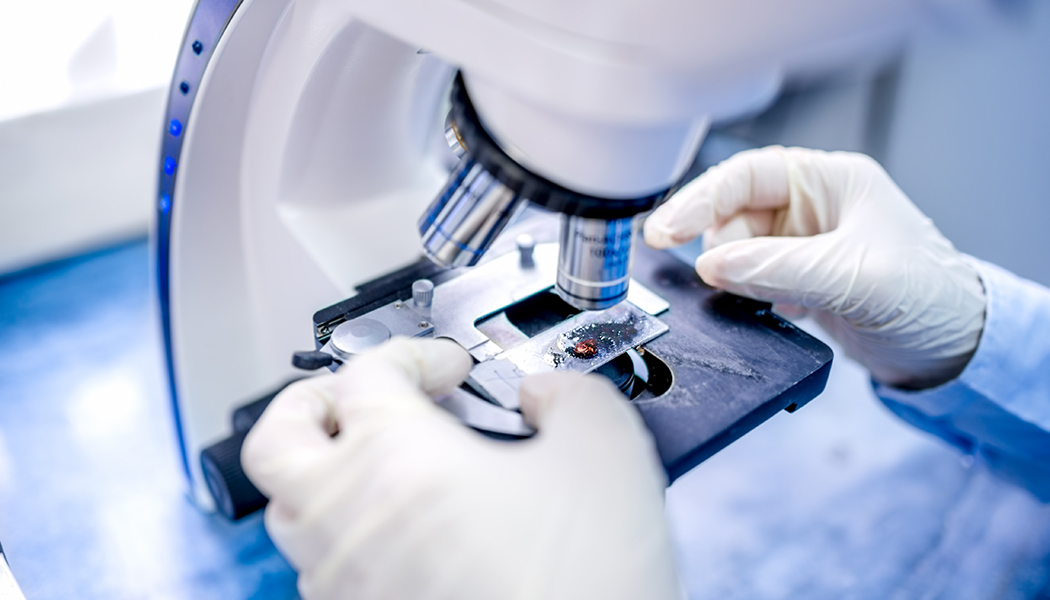Exercise Training May Slow Tumor Growth and Improve Immunotherapy Outcomes in Breast Cancer Treatment

National Foundation for Cancer Research (NFCR)-funded scientist Dr. Rakesh Jain, and his team at Massachusetts General Hospital and Harvard Medical School found that exercise training may slow tumor growth and improve outcomes for females with breast cancer – especially those treated with immunotherapy drugs. Immunotherapy drugs are treatments that use the body’s immune system to fight diseases like cancer. The research team identified this occurrence to be caused by stimulating naturally occurring immune mechanisms.
The team reached this conclusion in animal models of breast cancer, which showed physical activity increasing levels of cancer-fighting immune cells. Tumors in mouse models of human breast cancer grew more slowly in mice put through their paces in a structured aerobic exercise program than in sedentary mice. The tumors in exercised mice exhibited an increased anti-tumor immune response.
Perhaps the most exciting finding of the study was that exercise training brought immune cells capable of killing cancer cells into tumors. The tumors grew more slowly in mice that performed exercise training.
Dr. Jain has been an NFCR partner since 1998. He is a renowned world expert in understanding how changes in the microenvironment surrounding tumors affect the immune system, drug delivery, treatment efficacy, and patient survival–with additional expertise in chemical engineering.
In addition to his fellowship with NFCR, Dr. Jain is an elected member of the National Academy of Sciences, the National Academy of Engineering, and the National Academy of Medicine. He is the ninth person ever to be elected to all three U.S. National Academies. He is also a Fellow of the American Association for Cancer Research (AACR) Academy.
Throughout his career, Dr. Jain has also been the recipient of numerous prestigious awards. Including the 2012 Science of Oncology Award from the American Society of Clinical Oncology and the 2016 National Medal of Science from the President of the United States, Barack Obama. He received the Medal of Science for developing new ways to manipulate tumors.
Dr. Jain and his team at Massachusetts General Hospital and Harvard Medical School were able to complete this game-changing research utilizing funding from NFCR. NFCR is dedicated to providing scientists in the lab the funding they need to make game-changing discoveries in cancer treatments, detection, and ultimately, to discover a cure for all types of cancer.
Support innovative and life-saving research findings like the work of Dr. Jain with NFCR.
Additional Reads You May Enjoy:
Immunotherapy: Fighting Cancer and More?
Cancer Research Applied to Develop COVID-19 Treatment Strategies
Stay connected with the cancer community! Receive our monthly e-newsletter and blogs featuring stories of inspiration, support resources, cancer prevention tips, and more. Sign up here.











